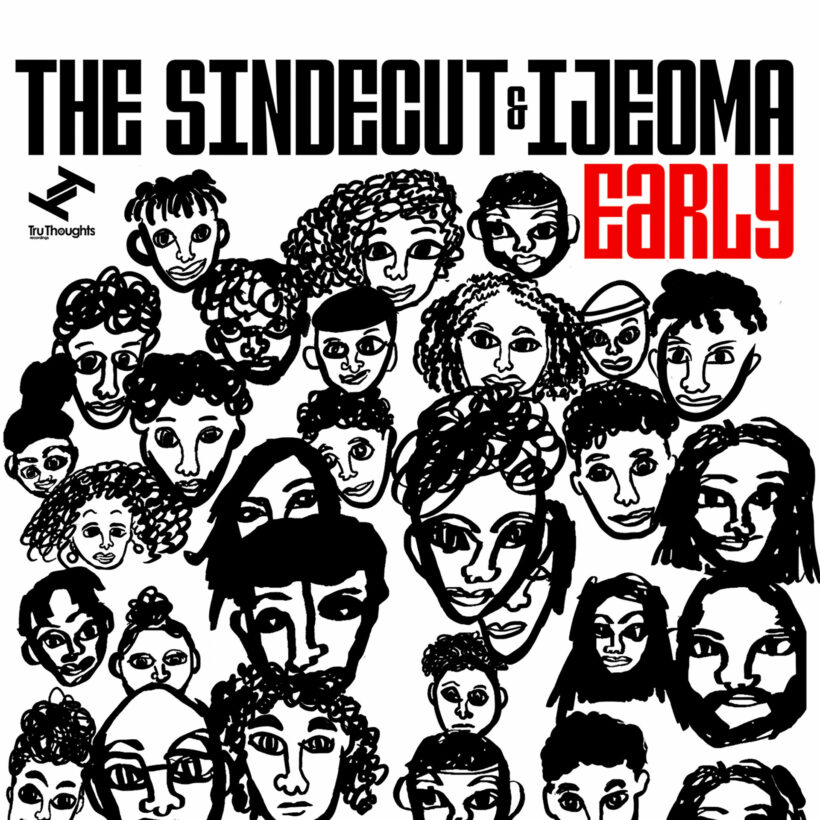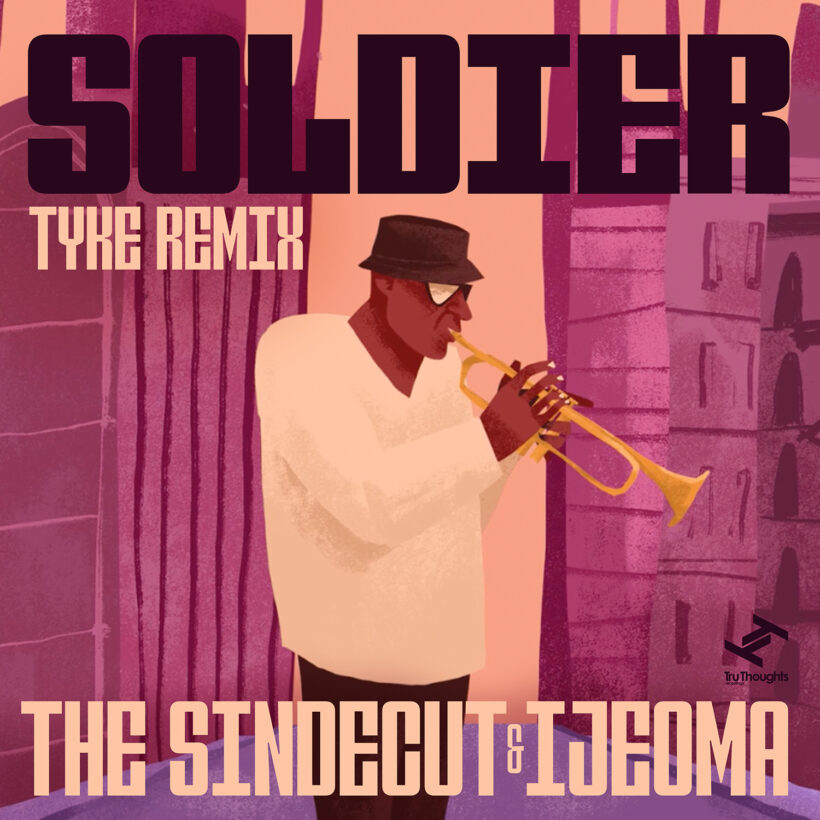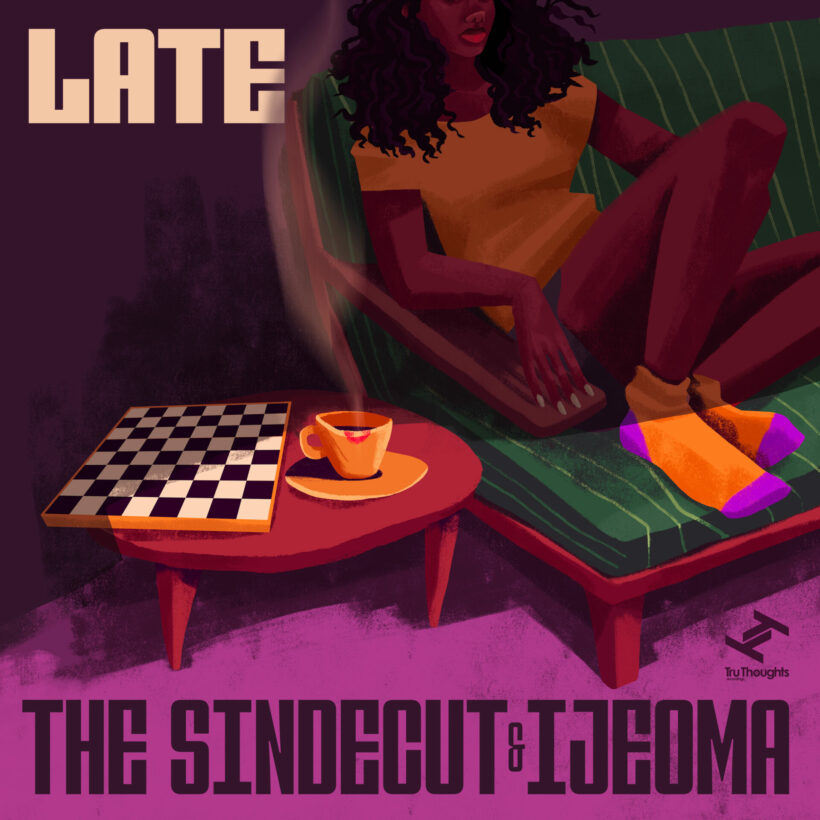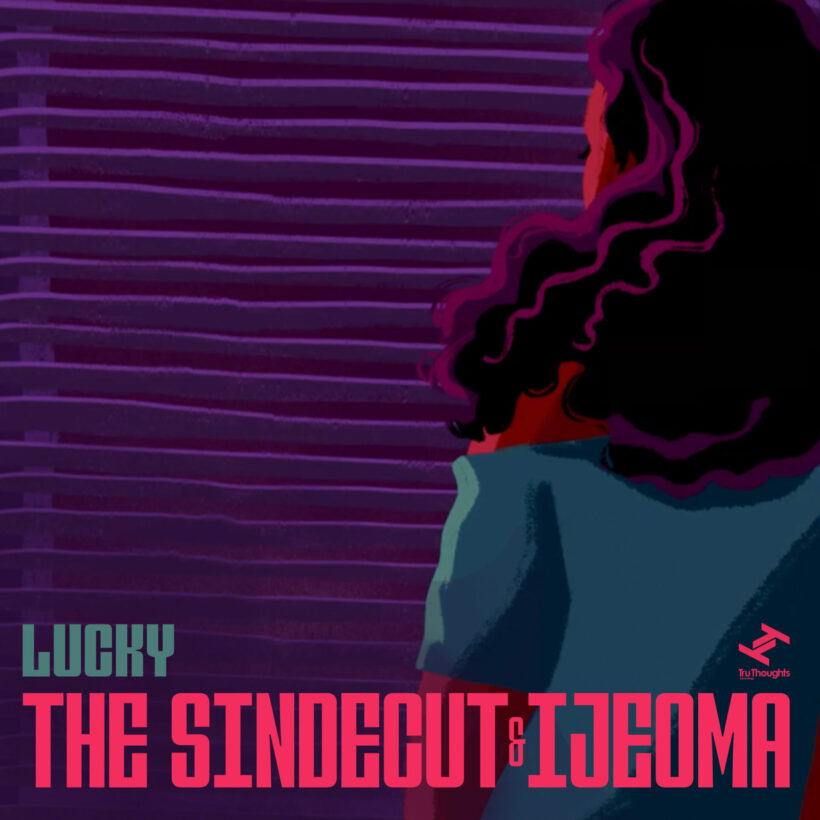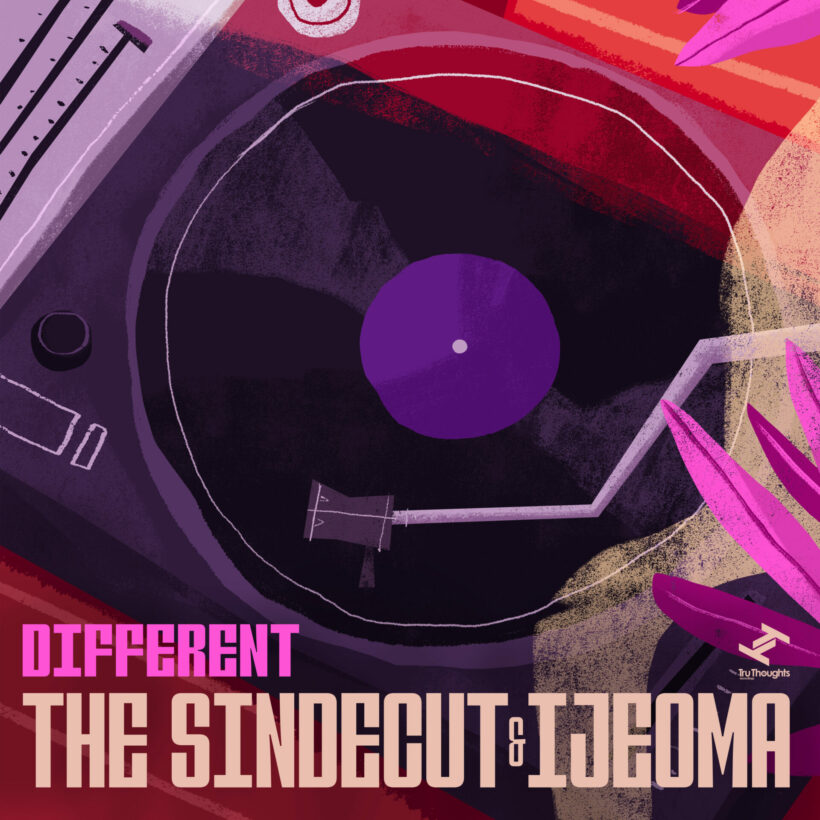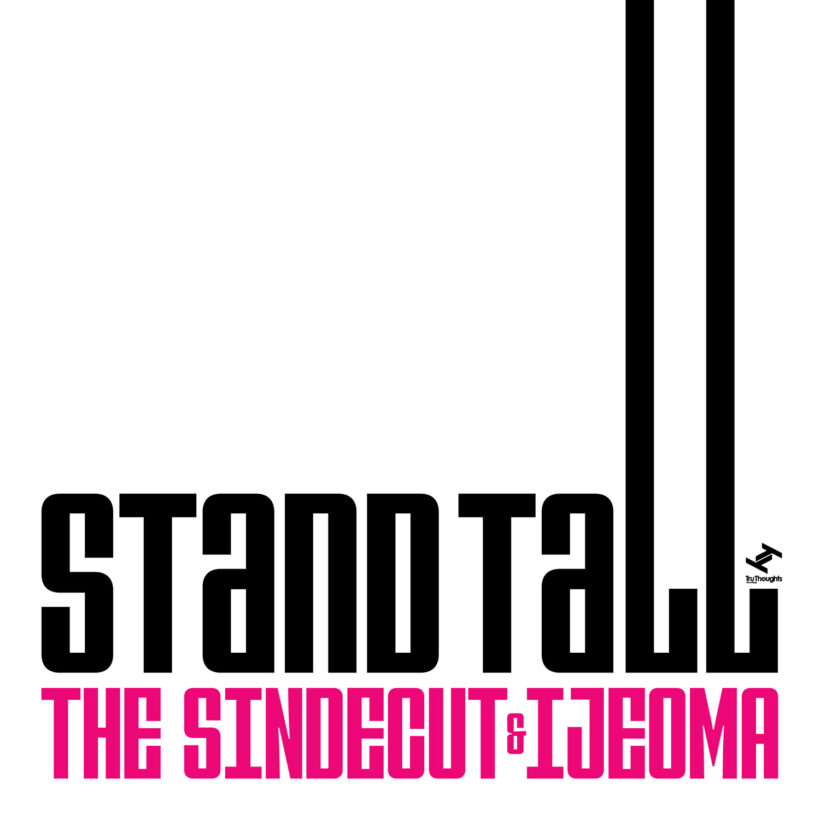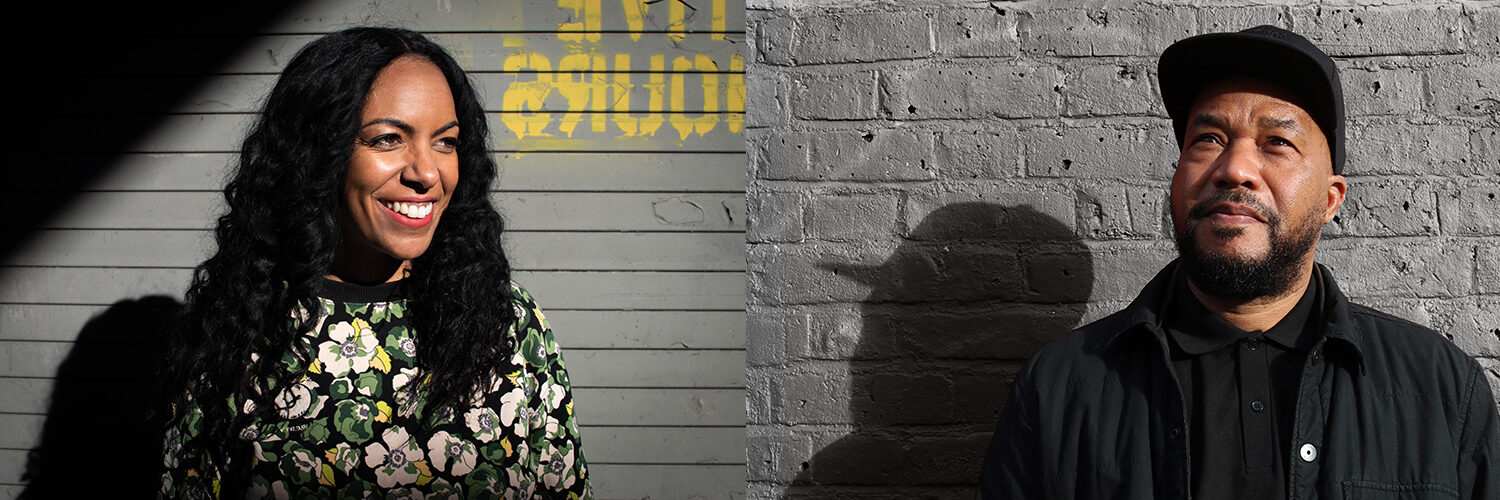
The Sindecut & Ijeoma
Biography
London hip-hop collective The Sindecut are credited as one of the pioneers of the UK hip-hop scene, releasing the acclaimed ‘Changing The Scenery’ album in 1990 on Virgin Records (which was sampled by The Prodigy in “We Are The Ruffest” from the remix album of their classic ‘The Prodigy Experience’). The Sindecut were one of the first UK hip-hop groups to sign to a major label – fusing their sound with soul and reggae.
Originally forming in Hoxton, London, back in 2005, DJ Fingers (The Sindecut) and Ijeoma met performing on separate nights at Troy Bar, East London. Introduced by a friend and both on the same page artistically, “to make music we called vocal-based hip-hop with an edge”, their first musical output “Stand Tall” followed only a couple of hours after meeting. Naturally created in the basement of a bar on Goodge Street, home to an outfit called “The Reference Library” whom DJ Fingers had been doing underground parties with, “Stand Tall” is characterised by Fingers’ signature drum clatter and Ijeoma’s oozing, jazzy vocals.
Ijeoma first began songwriting as a child using an old stereo for tape-to-tape recordings: “I would switch cassettes back and forth, plugging in a mic to layer vocal harmonies”. Later, she started performing her material at Hip Hop and Drum and Bass nights on open mics. First in Newcastle, and then London which lead her to meeting DJ Fingers. A talented graphic designer, Ijeoma leads on the creative direction for The Sindecut and Ijeoma
The Sindecut spent their early days performing at the Swiss Cottage Community Centre, before releasing an eponymous debut single in 1986. Other members congregated around the nucleus of rapper Crazy Noddy and DJ Fingers, including Lyne Lyn (rapper), DJ Don’t Ramp (producer), Mix Man G, Mad P and, later, Spike Tee and Louise Francis. Various members travelled to America in 1987/8 to get a contract with B-Boy Records, but lost out on the chance when label boss Bill Kamarra was sent to prison.
They elected to set up their own label, Junglelist, instead (an interesting use of the term before it was used by the ‘jungle’ UK club movement). The Sindecut made their name with the infectious rhythms of ‘Posse’. It was an imposing stew of ragga vocals and hip-hop breaks. Their first club hit, though, was ‘Sindecut Kickin’ Yeah’, on another independent label, Baad. They grew up with the similarly formulated Soul II Soul, merging soul and reggae with rap: “Its just our influences really. Americans have a lot of influences but they tend to make one type of music. We want to make music that we are influenced by and put it together into a new sound”. Their debut album showcased raps backed by orchestrated strings and frantic live drums – an almost ‘new age’ hip-hop affair.
DJ Fingers is hailed as one of the first turntablists in the UK and featured in the iconic 1987 ‘Bad Meaning Good’ BBC documentary about UK hip-hop culture. A self-described Breakbeat DJ for MCs, he understands his role and link to the Sound System tradition. Influenced by the likes of Grandmaster Flash, Kool Herc, Grand Mixer DST, DJ Whizz Kid, and DJ Jazzy Jay – Fingers’ fundamental mantra is the running theme of “Knowledge of Self”, which he always strives to push conceptually through his many projects.
Read more
